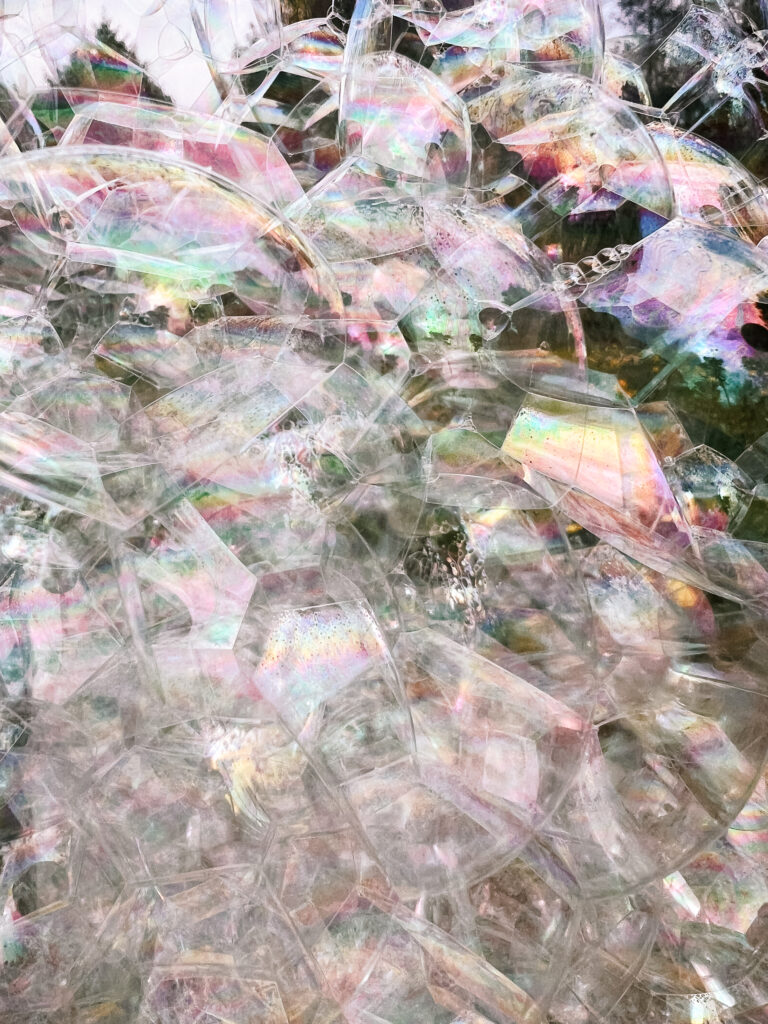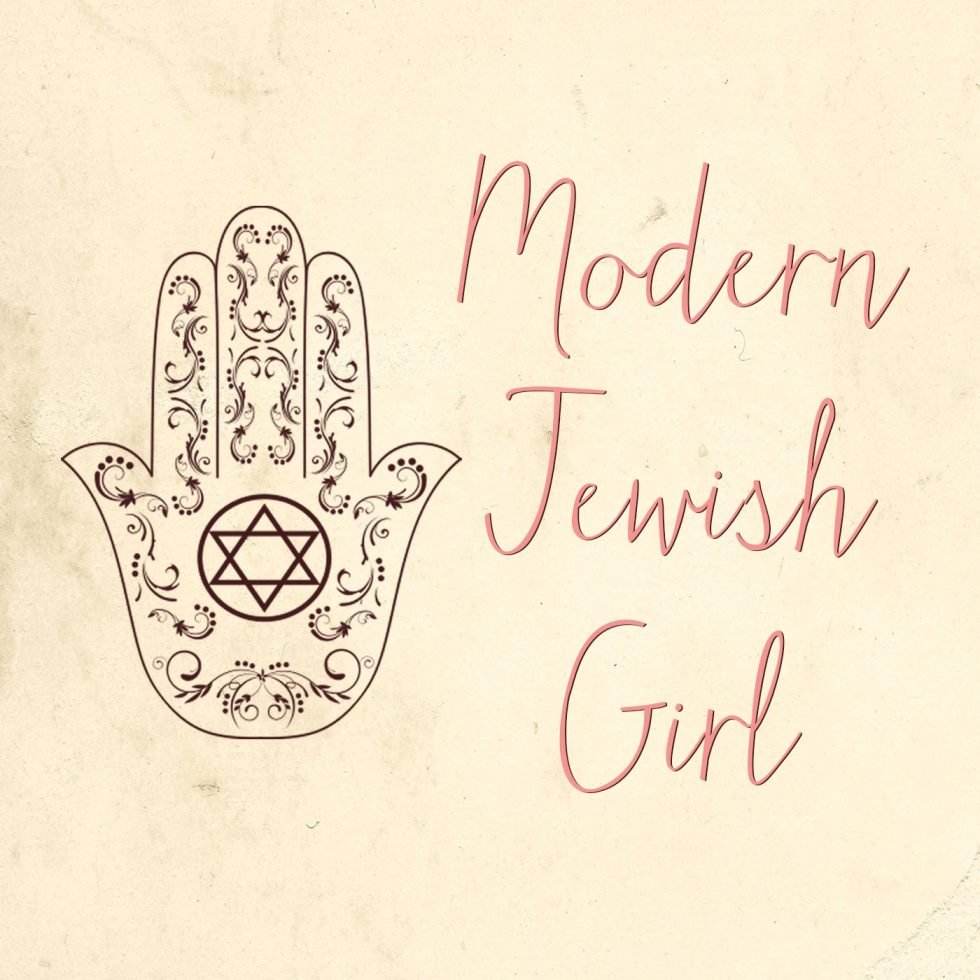What can I say about Tevet? To be honest, before this year, Tevet felt like one of those months you kind of just gloss over. While Chanukah is still going on at the start Tevet, there’s a bit of a letdown after such a big and festive celebration.
Tevet gets dark — quickly — and not just because it’s in the middle of the winter. We have the fast of Tevet on the 10th that commemorates the siege around Jerusalem in 3336 or 588 b.c.e. It’s also the day King Herod captured Jerusalem in 37 b.c.e. and when 3,000 Jews were killed in the Bucharest riots in 1941. Throughout the month are many other anniversaries of antisemitic events in history, and we’re dealing with so much antisemitism right now.
There are some high points though. On the 5th of Tevet, Chabad celebrates the anniversary of a U.S. federal judge ruling that the library of the sixth Lubavitcher rebbe, Rabbi Yosef Yitzchak Scheneerson, belonged to the community, which they say recognizes the extraordinary nature of a rebbe as a communal figure. The 24th of Tevet is also the yahrtzeit of the Alter Rebbe, the first Chabad rebbe in 1812.
For me, there is one particular highlight on the 14th of Tevet — the birth of my first son, Ezra. That was the day I became a mother — which marked the start of his life as well as the start of my new one. I think all mothers will agree that as you move through that matrescence period, you’re never the same. Obviously your day-to-day tasks change when you become a mom, but as I learned from one of our power women, Bayla Abdurachmanov, the actual chemistry of your brain changes too. You truly birth a new version of yourself.
This year, we’re G-d willing celebrating his third birthday (and Upsherin!) and I really feel that sentiment. I am a different woman than I was just three lightning-fast years ago — for the better. I have new challenges and new stressors, but they combine to make my life richer and more meaningful.
—
The letter of Tevet according to the Sefer Yetzirah, is the ayin, which means “eye.” The focus of the month in this respect, is working on the nullification of the evil eye. The word Tevet actually comes from the same root as the word tov, or good. If you’ve ever worked on having an ayin tov, you know how powerful it can be when it works — and how destructive it can be when it doesn’t.
I actually just listened to an amazing podcast — America’s Top Rebbetzins with Debbie Greenblatt — all about strengthening one’s ayin tov. I highly recommend you listen because the story at the end will undoubtedly convince you of the ayin tov’s power.
Further, the sense of the month, according to the Sefer Yetzirah, is anger. This is an interesting one to me. You could look at it from so many levels. First, on the surface alone, it’s dark outside and it’s easy to become bitter at that dark and cold. On a deeper level, often I’m learning when we have a negative view toward something, it’s probably because we have a darkened, or limited view of the situation.
If I could see what person X was going through when she did [insert situation here] to me, then maybe I would have more empathy. In this week’s parsha, Parsha Vayigash, Yosef encountered his brothers for the first time after they sold him into slavery and left him in a pit of scorpions and snakes. I went to an amazing class this week with Rebbetzin Esther Baila Schwartz where she spoke about how he dealt with this. Objectively, this seems pretty bad all around, but Yosef forgave them completely. He didn’t even see them as people to blame. He believed the situation came directly from Hashem — they were mere actors in the greater story.
Yosef had such a straight and close connection between him and Hashem, that he saw everything clearly and nothing else mattered. He didn’t live with any anger. Today, we’re living in a time of darkness — we’re in exile, waiting for Moshiach, dealing with so much pain and suffering and we have to work extra hard to bring the light into our lives and create it for ourselves (a Chanukah takeaway right there), as he did.
—
What I’m learning is that Tevet is nowhere close to a month to gloss over, it’s a month of extreme potential to work on the deepest part of ourselves. The word “Shemayim,” or heaven, Rebbetzin Esther Baila says, is a combination of the words “aish,” meaning fire, and “mayim,” meaning water. With those elements, whichever is stronger will consume the other. In Shemayim they coexist perfectly in shalom, or peace. This month, we need to work on that dance, to create shalom in our own lives in this world.
When it comes to others, and the difficult situations we encounter and feel angry about, we can channel that water to know that it’s all from Hashem, and draw additional comfort from the bitachon. Then, when it comes to ourselves, we can have a little bit of fire, to push ourselves to be better (not from a place of self-criticism and hate!) but from a place of growth, forgiveness and ultimately, wanting to live a peaceful life.
I know firsthand (as I’m sure we all do) how good it is to just feel angry sometimes. You want to hold onto it. In reality, that’s not a life that I want to live. I want to live in a place of peace (as hard as it may be to let go) and I can’t do that with anger and resentment inside.
If you need even more motivation for this — maybe you’re struggling with something that just feels too great — you can take something else from the Chanukah story. Hashem made a miracle with the oil and with the war. 13 men fought hundreds of thousands. They knew they were weak and that the only way they would win was with help from Hashem. Then, Hashem defied the laws of nature and made the oil last for eight whole days. Nature means nothing when you have Hashem on your side. A miracle can happen in an instant. That is really the only thing in this time that can ease our anger and provide us with true menucha and comfort.
—
While we focus on the Jewish calendar, there is always a connection with the secular one. We’re about to experience the secular New Year which is also a time to reset, reflect and begin anew. Let’s use this time in Tevet to give ourselves another chance at peace — to work on our emunah (faith) with fervor, to know that our internal happiness really depends on it.
Now, Tevet might be my new favorite month. Because within it, in the depths of darkness, we can be the ones to create the greatest light.










Cheers
[…] oral clindamycin[…]
oral clindamycin